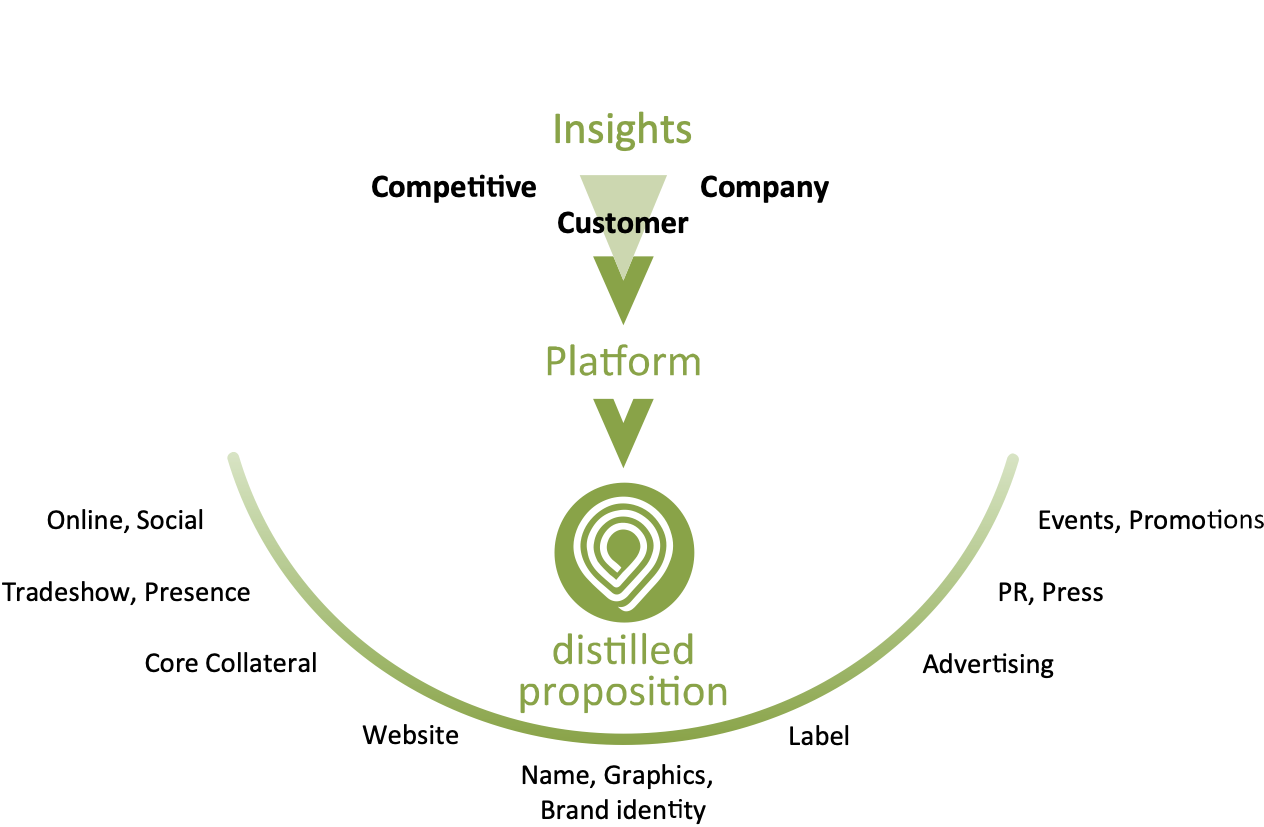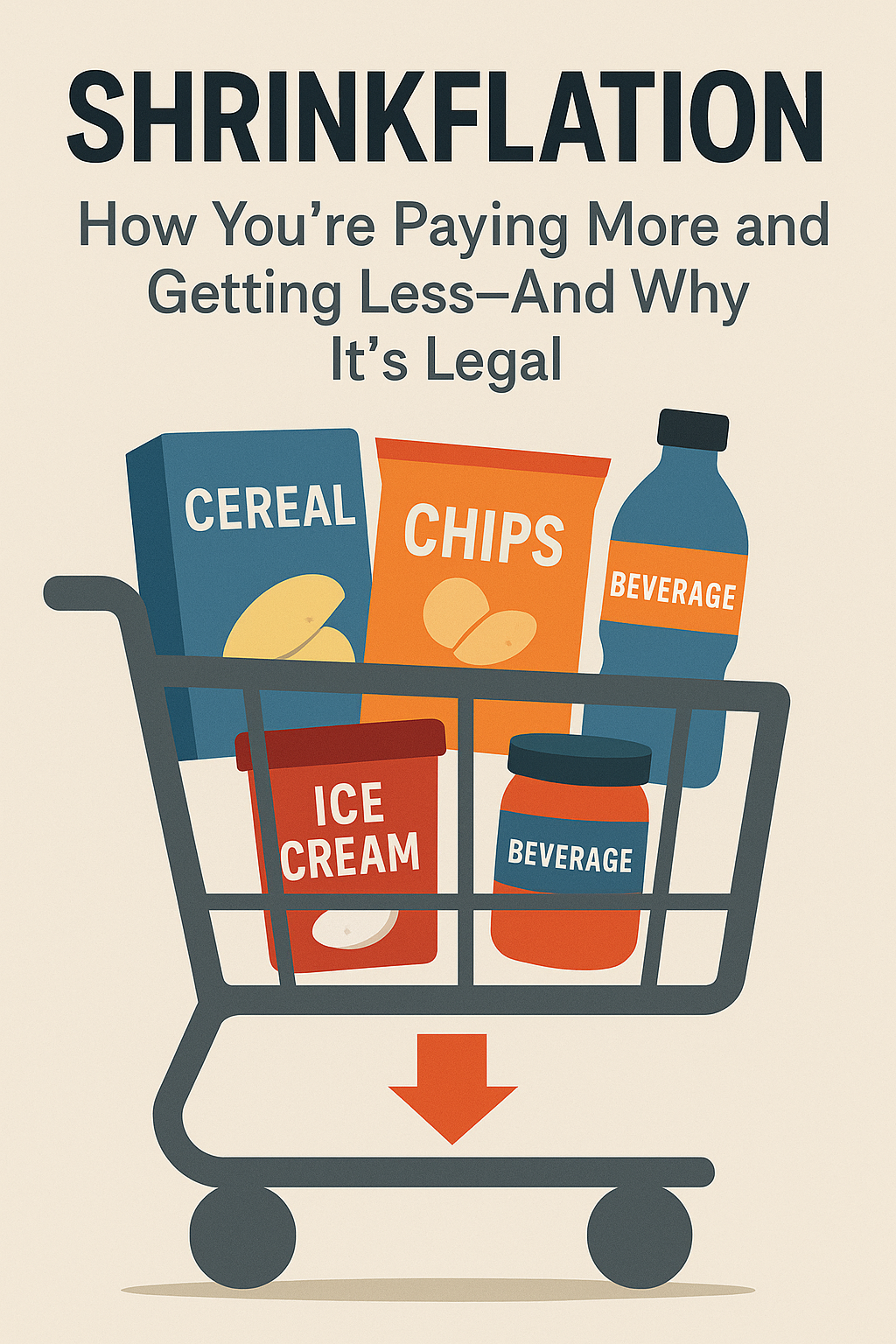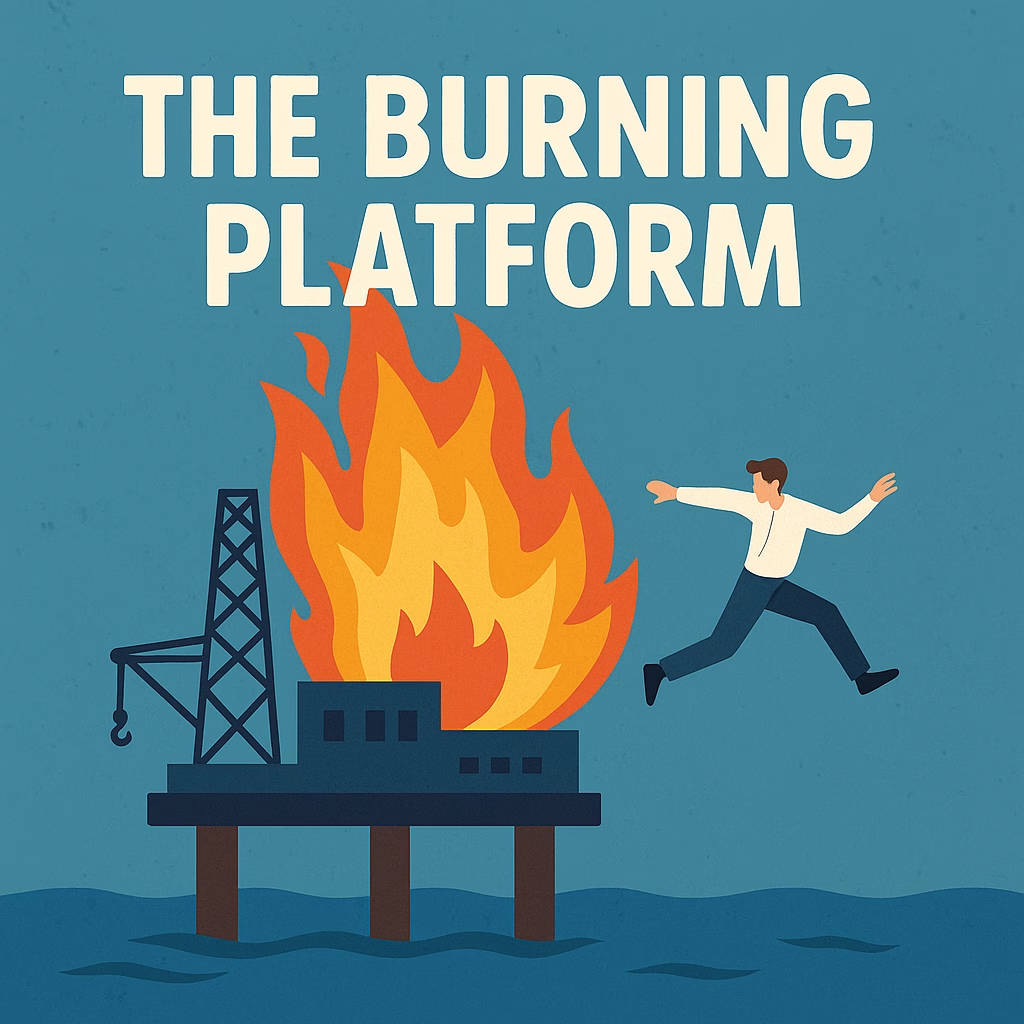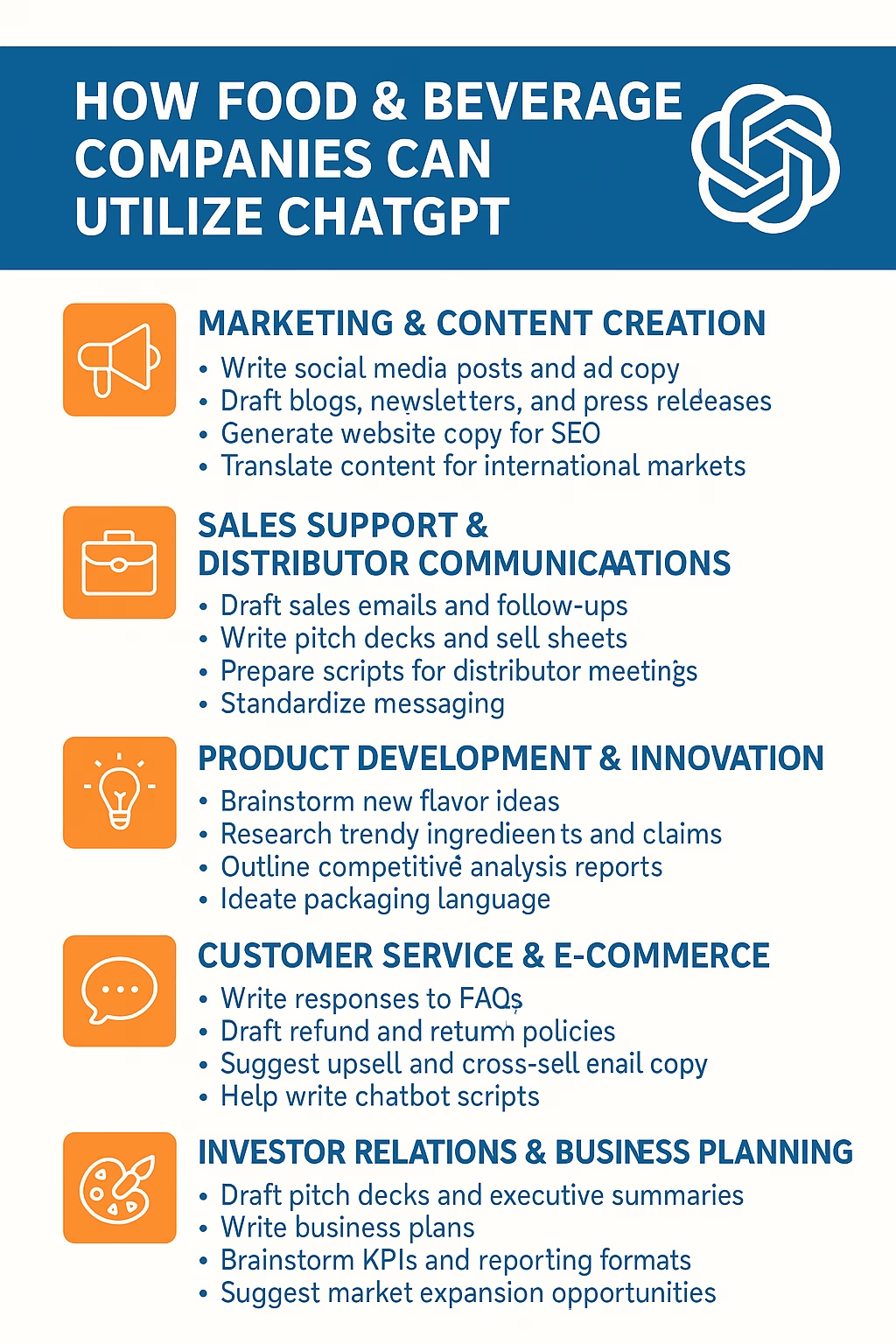This roadmap serves as a strategic compass for anyone building a brand—from early-stage entrepreneurs to CMOs at global companies. Follow…
The Impact of Exclusive Beverage Contracts in Educational Institutions
Introduction
The trend of exclusive beverage contracts in educational institutions, primarily led by giants like Coca-Cola, Pepsi-Cola, and Dr Pepper Keurig, represents a critical intersection of corporate interests and educational environments. These agreements, while financially beneficial for the institutions, carry implications for consumer choice, legal landscapes, and the broader beverage market.
Understanding Exclusive Contracts
Exclusive contracts entail an institution granting a single beverage company exclusive rights to sell their products on campus. This practice, gaining momentum in the 1990s, sees companies paying substantial sums for these rights. For instance, Coca-Cola’s 10-year deal with the University of Michigan, reportedly worth $28 million, exemplifies the scale of these agreements.
Impact on Consumers
These contracts often lead to a mono-brand environment, where products from the contracted company dominate, limiting consumer choice. For example, a university tied to Coca-Cola would predominantly offer Coca-Cola beverages, restricting access to competing brands like Pepsi or smaller local products. This restriction impacts not just freedom of choice but also exposes consumers to a narrow range of products, often criticized for their health implications.
While non-alcoholic beverage contracts restrict choice, the implications would be more significant if alcoholic beverage companies entered similar agreements. This could influence consumer habits and the availability of a range of alcoholic options.
Legal and Ethical Considerations
While not outright violations of anti-monopoly laws, these contracts skirt close to these boundaries, raising questions about market fairness. The ethical debate centers around the appropriateness of subjecting a captive, predominantly young audience to targeted marketing from beverage giants.
Benefits to Educational Institutions
The financial gains from these contracts are often substantial. The University of Colorado’s deal with Pepsi, valued at around $12 million over 10 years, is a case in point. These funds are typically allocated to scholarships, infrastructural improvements, and other educational initiatives, presenting a significant incentive for institutions.
Challenges for Smaller Beverage Companies
Smaller beverage companies face significant barriers due to these contracts. Their inability to penetrate these closed markets stunts diversity and innovation within the beverage sector. An example is the rise of healthier, organic drink options which struggle to find a place in such monopolized markets.
Case Studies and Examples
University of Michigan and Coca-Cola: A $28 million contract offering Coca-Cola exclusive rights to sell on campus, significantly impacting local and smaller brands.
University of Colorado and Pepsi: A $12 million agreement that provided financial benefits but limited the beverage variety available to students.
These agreements, such as the notable $28 million deal between Coca-Cola and the University of Michigan, grant exclusive selling rights on campuses. These contracts can significantly bolster a school’s budget but also bring into question the impact on competition and choice.
More Examples of Exclusive Contracts:
Texas A&M and Pepsi: A lucrative deal where Pepsi paid $22.5 million for exclusive rights, affecting local beverage companies’ market access.
University of California and Coca-Cola: A $14 million contract that substantially limited the availability of non-Coca-Cola products on campus.
University of Washington and Coca-Cola: A deal worth $36 million, contrasting with President Ana Mari Cauce’s salary of approximately $910,000, ignites questions about the distribution of these funds.
University of Arizona and Pepsi: Pepsi’s $27 million contract with the university juxtaposed against President Robert C. Robbins’ salary of around $988,000 per year.
Benefits to Educational Institutions and CEO Salaries
Institutions like the University of Michigan, with President Mark Schlissel’s $800,000 salary benefit financially from non-alcoholic beverage contracts. However, if extended to alcoholic beverages, this could lead to ethical and societal questions, especially regarding fund allocation.
Consumer Freedom of Choice
These contracts can significantly limit consumer freedom of choice. Students and staff, bound by the offerings of a single supplier, lose out on the diversity and competition typically seen in open markets. This can be particularly concerning in contexts where health and wellness are priorities, as options are often limited to what the exclusive provider offers, typically sugary sodas and drinks.
Impact on Smaller Companies
The monopolistic nature of these contracts means that up-and-coming or smaller beverage companies find it almost impossible to enter these markets. This limitation hinders not only these companies’ growth but also reduces the variety and innovation in the beverage offerings available to students and staff.
Conclusion
The exclusive beverage contracts in educational institutions demonstrate a complex interplay of financial benefits, consumer rights, and market dynamics. When considering the potential extension of such practices to alcoholic beverage companies in other settings, the implications become even more complex, encompassing legal, ethical, and social responsibility dimensions. This calls for a nuanced approach, ensuring that financial gains do not override consumer choice, market fairness, and societal well-being.







